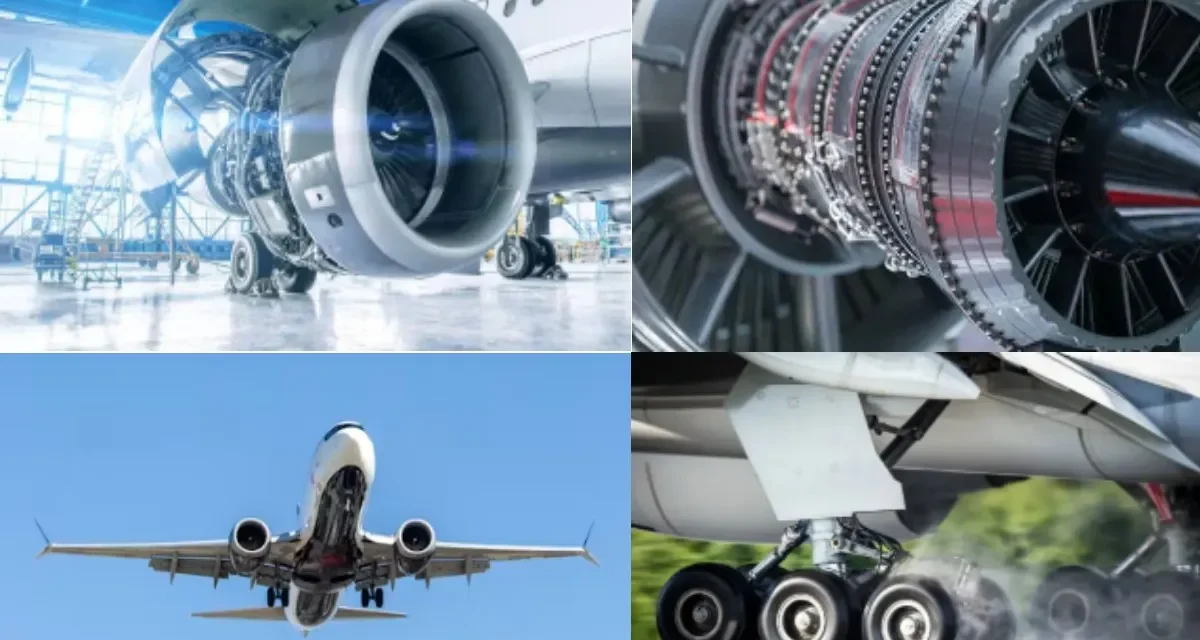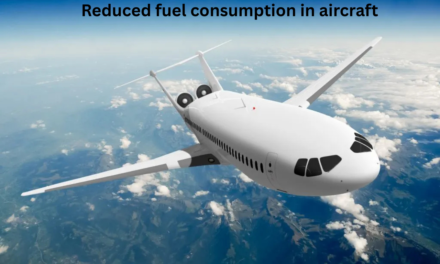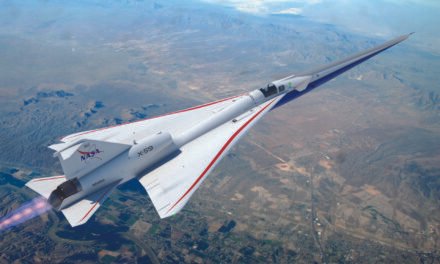Major aerospace companies are actively investing in research and development (R&D) of green propulsion technologies to enhance sustainability and reduce environmental impacts. These investments span various innovative approaches, including electric and hybrid-electric propulsion, hydrogen fuel systems, and sustainable aviation fuels (SAFs).
Airbus has initiated the ZEROe project, aiming to introduce zero-emission hydrogen-powered commercial aircraft by 2035.
This initiative focuses on developing hydrogen propulsion systems and the necessary infrastructure to support them.
GKN Aerospace is collaborating with the Institute for Advanced Automotive Propulsion Systems (IAAPS) to develop hydrogen propulsion systems for aviation.
This partnership emphasizes the advancement of green hydrogen manufacturing and testing facilities, contributing to the broader adoption of hydrogen as a sustainable aviation fuel.
HyImpulse Technologies, a German aerospace company, is developing unique green hybrid propulsion systems.
In May 2024, they launched the SR75 sounding rocket, propelled by their proprietary green hybrid technology, marking a significant milestone in sustainable space exploration.
Heart Aerospace, a Swedish startup, is developing the ES-30, a 30-seat hybrid-electric regional airliner.
The company has garnered substantial investments and pre-orders, reflecting a strong market interest in sustainable regional air travel.
Bellatrix Aerospace, an Indian company, is pioneering high-performance green propulsion (HPGP) systems to replace traditional hydrazine-based satellite propulsion.
Their RUDRA series thrusters have undergone successful ground and space tests, showcasing the viability of green propulsion in satellite technology.
These initiatives demonstrate a concerted effort by aerospace companies worldwide to invest in green propulsion R&D, aiming to achieve more sustainable and environmentally friendly aviation and space exploration.













